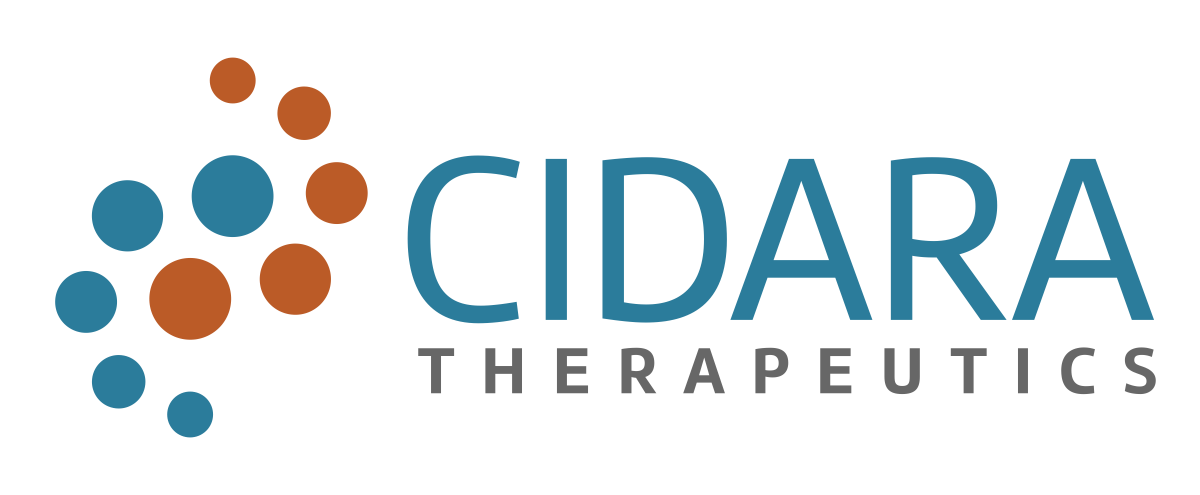New Guidelines Recommend Echinocandins as First-Line Treatment for Deadly Fungal Infections in High-Risk Patients
SAN DIEGO–(BUSINESS WIRE)–Dec. 21, 2015– Cidara Therapeutics, Inc. (Nasdaq:CDTX), a biotechnology company developing novel anti-infectives and immunotherapies to treat fungal and other infections, commends the Infectious Diseases Society of America (IDSA) for new clinical guidelines that recognize the important role of echinocandins in the initial treatment of invasive fungal infections.
Specifically, the guidelines recommend a shift from fluconazole to echinocandins as first-line treatment for invasive candidiasis and candidemia, a bloodstream infection that in vulnerable patients can lead to further complications and death if not treated quickly and appropriately. IDSA Clinical Practice Guidelines are the recognized standard for clinical practice in the infectious diseases community.
“These new guidelines recognize the potency and superior efficacy of echinocandins as first-line treatment for patients with candidemia and invasive candidiasis,” said Jeff Stein, Ph.D., president and CEO of Cidara. “Based on data seen to date from our novel antifungal candidate CD101 IV, we believe it has the potential to fulfill the clinically important role of echinocandins as recognized by the IDSA in their new guidelines, and thereby help to improve outcomes for patients with potentially deadly fungal infections.”
As the new IDSA guidelines state, echinocandins – which kill fungus – are more effective than fluconazole – which only prevents fungus from growing. Fungal infections, including those caused by strains of Candida, are cause for significant concern, particularly among hospitalized patients. According to the IDSA guidelines, candidemia is associated with mortality rates of up to 47 percent; Candida bloodstream infections are also associated with increased ICU and hospital stays.
While echinocandins have demonstrated safety and efficacy against fungal infections, there is still an unmet need for new antifungal agents due to rising resistance to existing therapies, including the current standard-of-care azole class, and limitations with first-generation echinocandins which require daily IV dosing. Cidara is developing CD101 IV, a novel long-acting, once-weekly echinocandin for the treatment of serious fungal infections. Last month, Cidara reported that data from the company’s Phase 1 single ascending dose (SAD) clinical trial of CD101 IV demonstrated excellent safety and tolerability across a broad range of doses. The company plans to initiate a Phase 2 candidemia trial in the first half of 2016.
The full IDSA guidelines are available on the IDSA website at: www.idsociety.org.
About Cidara Therapeutics
Cidara is a clinical stage biotechnology company focused on the discovery, development and commercialization of novel anti-infectives for the treatment of diseases that are inadequately addressed by current standard-of-care therapies. Cidara’s initial product portfolio comprises two formulations of the company’s novel echinocandin, CD101. CD101 IV is a long-acting therapy for the treatment and prevention of serious, invasive fungal infections. CD101 topical is for the treatment of vulvovaginal candidiasis (VVC) and recurrent VVC (RVVC), a prevalent mucosal infection. In addition, Cidara has developed a proprietary immunotherapy platform, Cloudbreak™, designed to create compounds that direct a patient’s immune cells to attack and eliminate pathogens that cause infectious disease. Cidara is headquartered in San Diego, California. For more information, please visit www.cidara.com.
Forward-Looking Statements
Statements contained in this press release regarding matters that are not historical facts are “forward-looking statements” within the meaning of the Private Securities Litigation Reform Act of 1995. Because such statements are subject to risks and uncertainties, actual results may differ materially from those expressed or implied by such forward-looking statements. Such statements include, but are not limited to, statements regarding the effectiveness, safety, long-acting nature, anticipated human dosing and other attributes of CD101 IV and its potential to treat infections, the incidence of fungal infections, and the effectiveness of and treatment protocols for competitive therapies. Risks that contribute to the uncertain nature of the forward-looking statements include: the success and timing of Cidara’s preclinical studies and clinical trials; regulatory developments in the United States and foreign countries; changes in Cidara’s plans to develop and commercialize its product candidates; Cidara’s ability to obtain additional financing; Cidara’s ability to obtain and maintain intellectual property protection for its product candidates; and the loss of key scientific or management personnel. These and other risks and uncertainties are described more fully in Cidara’s Form 10-Q most recently filed with the United States Securities and Exchange Commission (SEC), under the heading “Risk Factors.” All forward-looking statements contained in this press release speak only as of the date on which they were made. Cidara undertakes no obligation to update such statements to reflect events that occur or circumstances that exist after the date on which they were made.
